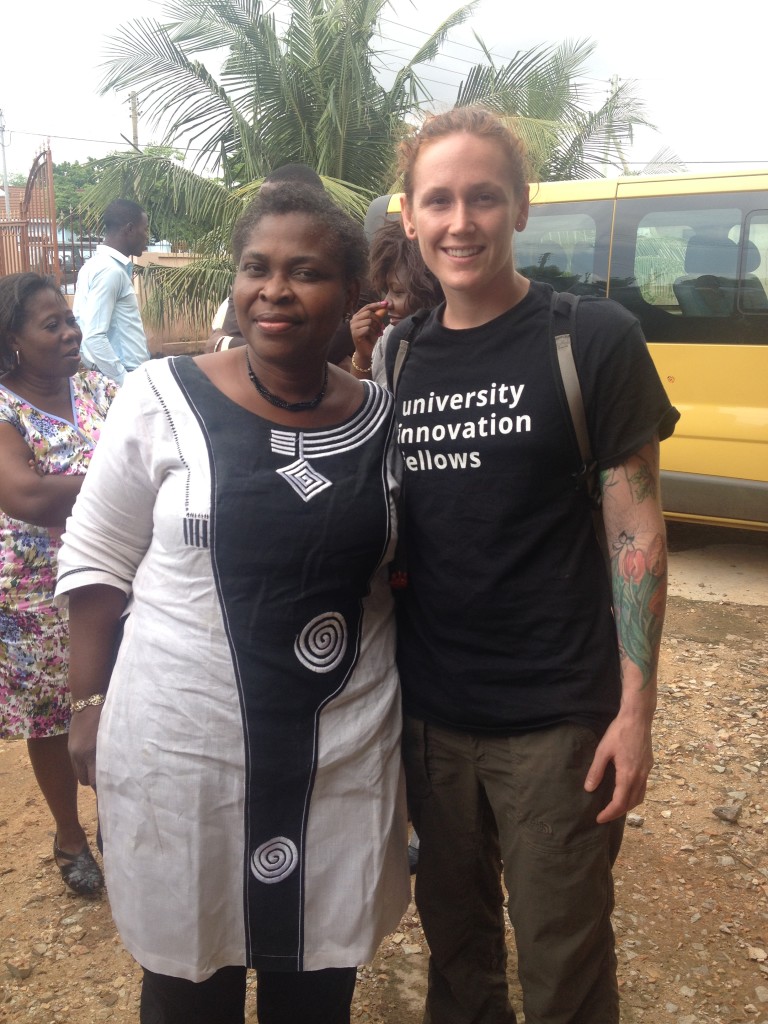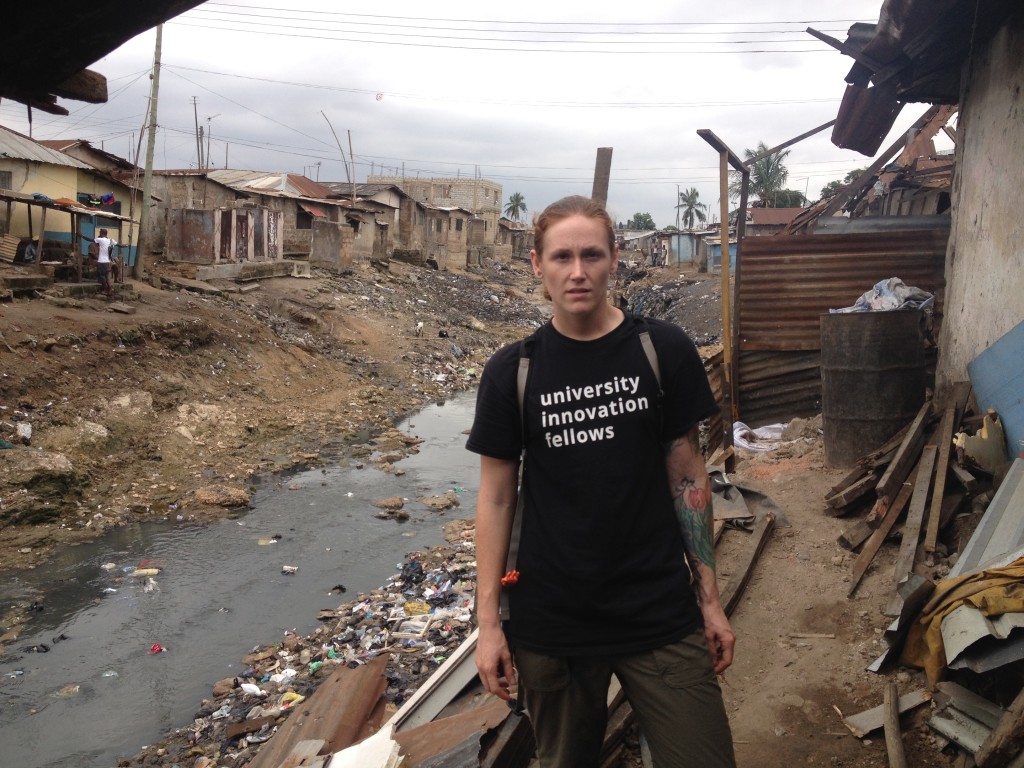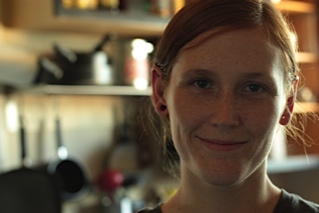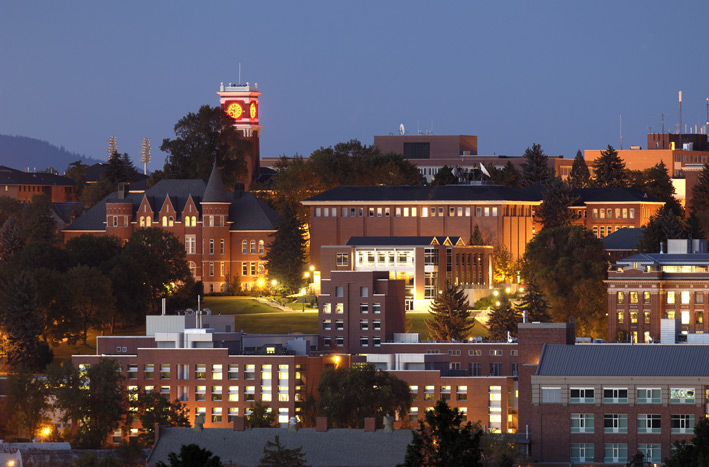Collegiate Entrepreneurship – Learning through sharing and collaboration
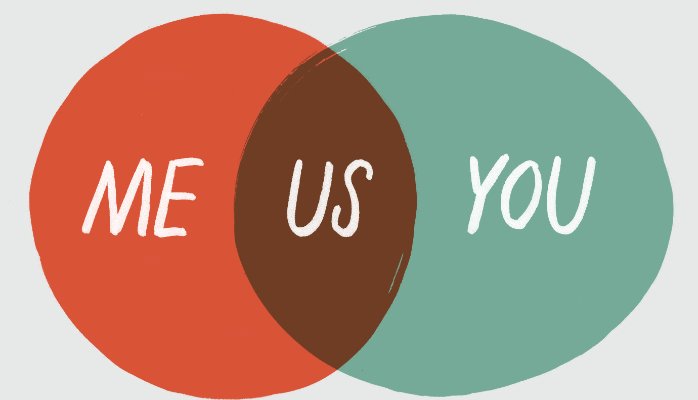

by Brandon Nolte
University Innovation Fellow at SIU Carbondale
Originally posted on his Linkedin
I’ve been wanting to write this article since I presented at the University Economic Development Associations Annual Summit with 4 other University Innovation Fellows. This trip was one of the most eye-opening experiences since I decided to join the Fellows program and became dedicated to entrepreneurship and innovation. Recently I attended the Collegiate Entrepreneur Organization National Conference where I gained some amazing connections and learned from inspiring speakers. From both the students and the speakers, I gained new insight into this discussion of Collegiate Entrepreneurship.
Why Entrepreneurship?
Every time I meet new entrepreneurs, I always ask them, why entrepreneurship? Do you know why I ask them? Because almost every time, they will tell you story about how they were introduced into entrepreneurship and how they are inspired to work harder. It inspires me every time I hear a new story about why they want to create change, be innovative, and be forward-thinking.
What does entrepreneurship mean thou? Everyone has their own definition. My definition does not define entrepreneurship as someone who owns a business, but someone who creates a solution to a problem in a different way than their competitors. Entrepreneurship is a mindset and isn’t defined by a single individual but by how well a team chooses to diversify its skill sets.
Sharing and Collaboration is Entrepreneurship
When you think about what entrepreneurship is in my definition, it speaks in two different areas focused on skills. You have the sharing of skills and you have the collaboration of skills. Both of these complement each other in several areas but what is important is that they are different and once they come together, that is when great things happen!
Sharing
When you are launching your next startup or looking at developing that idea from the dorm, you should be looking at how someone can share their expertise with you. If you are an engineer and can build a product, most of the time I bet you have not a clue on who is going to buy it. If you are a businessman and you understand how to sell a product, find your target audience, and generate revenue, most of the time your ability to develop a product is going to be below par.
What is important is to note that each individual brings a different expertise to the team, and each person will boost the odds of having a successful entrepreneurial team.
Collaboration
Sharing is only successful if those resources can collaborate on a productive level. There are a lot of factors for if a team will work well. I framed in the beginning the skill sets of an engineer and a businessman. These individual must have the same vision for the company, they might have different skill sets but both individuals are required for the companies success. They must be driven and they must know how to be leaders when leadership is required and know how to be followers when needed.
How does this tie into Collegiate Entrepreneurship?
Collegiate entrepreneurship is on the rise all across the United States. Never before have universities been more pressured to giving attention to this discipline than ever before.
Entrepreneurship creates solutions to problems in a unique perspective through creative design, their mindset and their teams diversity.
We students have started a movement and there are a lot of parts to this forward-thinking movement. Students who have an entrepreneurial mindset are actively and publicly challenging their schools’ current teaching methodologies in teaching. As education shifts, so does students’ preferences on how they want to gain experience and learn entrepreneurship. If you ask student entrepreneurs, they will tell you that they would much rather work on their business than attend class, and here is why.
The experience a student obtains through experiential learning and learning through failures can be much more influential than any classroom setting. When universities teach entrepreneurship, it should be taught around principles that show sharing of resources and collaboration of disciplines. By building a teaching curriculum around the foundation of start-ups, you create a center for students to live and act entrepreneurial every time they step in the door.
As any university begins to establish or evaluate its entrepreneurship program, remember to create an environment that is designed for students and if possible by the students themselves. When students come together to create a shared collaborative space, they will feel home.
To all you student entrepreneurs, remember you matter! You are designing your future, don’t be held back, what makes your an entrepreneur is your ability to overcome any obstacle and learn from your failures.


